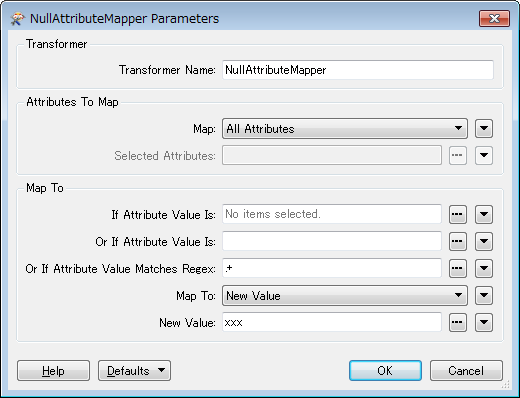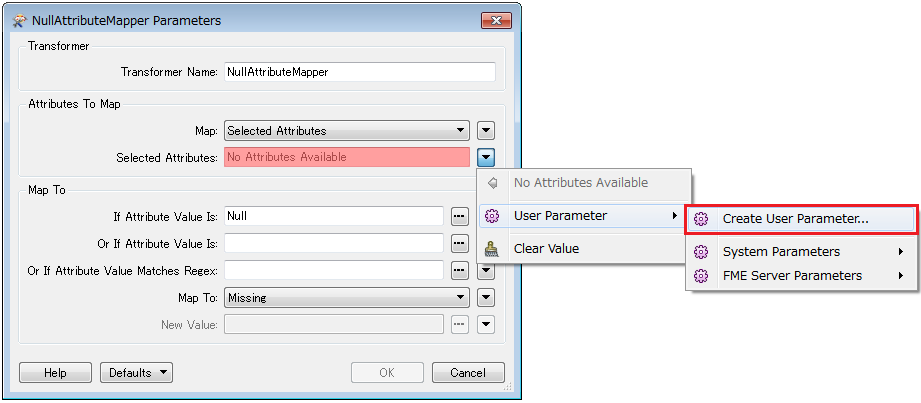Anyway, you might have understand the question by now.
Is it not possible to test for empty strings in the NullValueMapper?
NullValueMapper is enticing me to use it to find a way to update Parameters, but it only tests for values or "Null/Empty/Missing"..but not "NOT Null/Empty/Missing".
Can i assume this not possible then?







